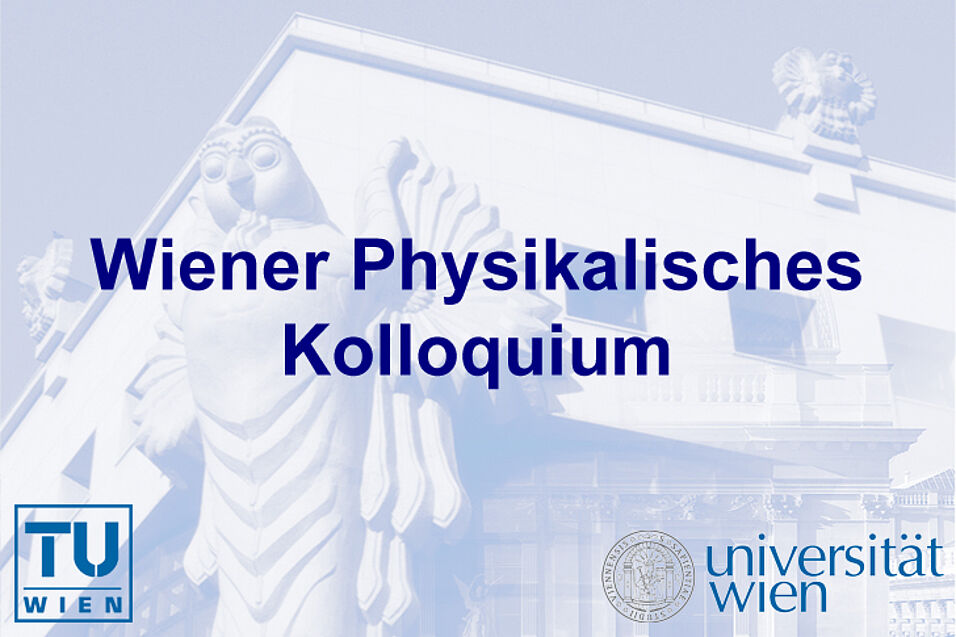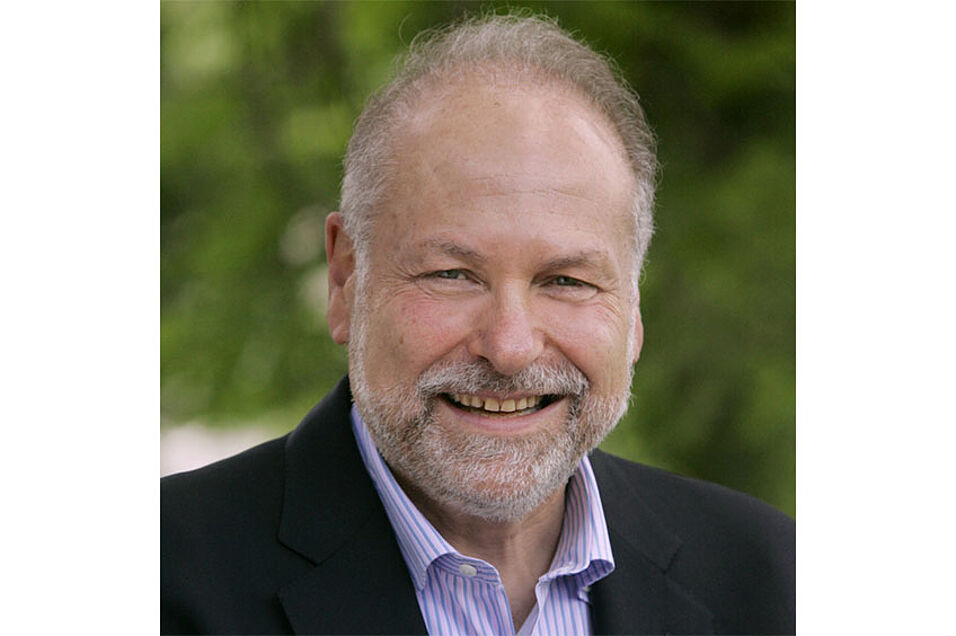Vortrag im Rahmen des Wiener Physikalischen Kolloquium
Computational Investigation of the Liquid-Liquid Transition in Deeply Supercooled Water
Supercooled water exhibits numerous anomalies in its thermodynamic properties. The existence of a metastable phase transition between two liquid phases has been proposed as a thermodynamically-consistent interpretation [Poole et al., Nature, 360, 6402, 1992] of experimental data. One of the most interesting scientific controversies of the past few years originates in the claim that the liquid-liquid transition in molecular models of water is really a misinterpreted crystallization transition [Limmer and Chandler, J. Chem. Phys., 135, 134503, 2011; J. Chem. Phys., 138, 214504, 2013]. Several other free energy studies [e.g., Liu et al., J. Chem. Phys., 131, 104508, 2009; Sciortino et al., Phys. Chem. Chem. Phys., 13, 19759, 2011; Liu et al., J. Chem. Phys., 137, 214505, 2012; Poole et al., J. Chem. Phys., 138, 034505, 2013; Palmer et al., Nature, 510, 385, 2014; Smallenburg and Sciortino, Phys. Rev. Lett., 115, 015701, 2015], provide conclusive evidence contradicting this claim. Until very recently, the origin of the discrepancy was not understood. Analysis of the hybrid Monte Carlo code used by Limmer and Chandler sheds light into the origin of the discrepancy.
Short Biography
Pablo Debenedetti is the Class of 1950 Professor in Engineering and Applied Science, Professor of Chemical and Biological Engineering, and Dean for Research at Princeton University. His research interests include the thermodynamics and statistical mechanics of liquids and glasses; water and aqueous solutions; protein thermodynamics; nucleation; metastability; and the origin of biological homochirality. He is the author of one book, Metastable Liquids, and more than 250 scientific articles. Debenedetti’s professional honors include the National Science Foundation’s Presidential Young Investigator Award (1987), the Camille and Henry Dreyfus Teacher-Scholar Award (1989), a Guggenheim Memorial Foundation Fellowship (1991), the Professional Progress (1997), Walker (2008) and Institute Lecture (2013) Awards from the American Institute of Chemical Engineers, the John M. Prausnitz Award in Applied Chemical Thermodynamics (2001), the Joel Henry Hildebrand Award in the Theoretical and Experimental Chemistry of Liquids from the American Chemical Society (2008), and the Guggenheim Medal from the Institution of Chemical Engineers (2017). He is a member of the U.S. National Academy of Engineering, the American Academy of Arts and Sciences, and the U.S. National Academy of Sciences, and is a fellow of the American Association for the Advancement of Science, the American Institute of Chemical Engineers and the American Physical Society.


